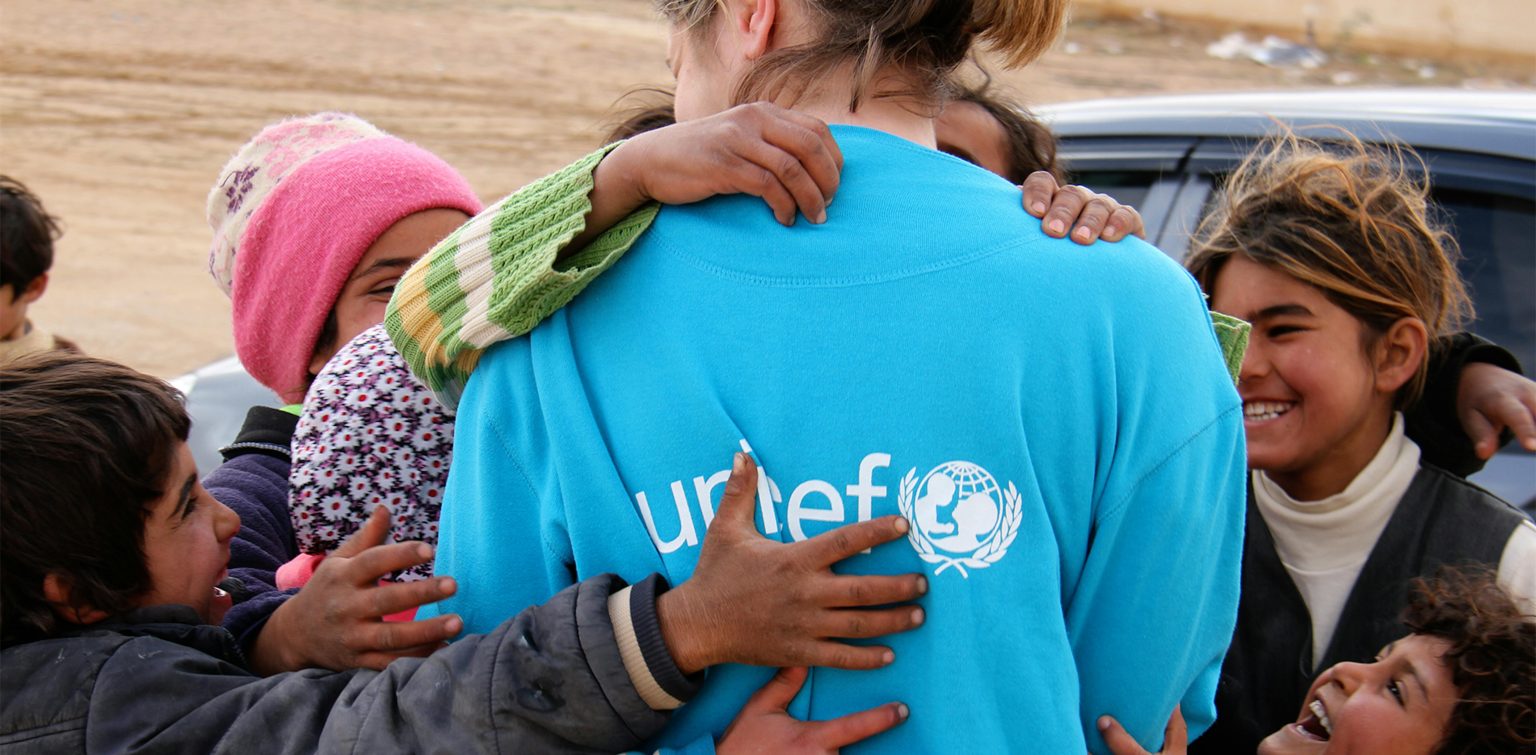During a press briefing on Monday in Abuja, Nemat Hajeebhoy, UNICEF’s Chief of Nutrition, shared that around 600,000 children across Nigeria are currently suffering from acute malnutrition. Of this number, roughly half are at risk of progressing to severe acute malnutrition—a condition that significantly increases the likelihood of death.
“Children with severe acute malnutrition are nine to eleven times more likely to die,” she said.
The media session was convened by the UN Office for the Coordination of Humanitarian Affairs (OCHA) to unveil its 2025 lean season multisectoral response plan for the crisis-hit states of Borno, Adamawa, and Yobe.
Also speaking at the briefing, Serigne Loum, Head of Programme at the World Food Programme (WFP), highlighted Nigeria’s food crisis, stating that the country has the highest number of food-insecure people on the continent.
These revelations come amid urgent appeals for financial support to combat the escalating food and nutrition emergency in Nigeria’s northeast. OCHA’s Head of Office, Trond Jensen, disclosed that $300 million is required to adequately address the challenges of food insecurity, malnutrition, water and sanitation, health, protection, and logistics during the upcoming lean season.
$160 million of the total appeal is needed for immediate interventions – UNICEF
Jensen stressed that $160 million of the total appeal is needed for immediate interventions. “This is the bare minimum we need,” he said, adding that the response capacity has been weakened due to reduced funding, particularly from the United States and other key donors.
“It’s a paradox that while the number of children in need has doubled, our resources to meet those needs have in some cases been cut in half,” he noted.
Jensen said the UN is now only able to target two million people—half the number supported last year—due to the ongoing financial shortfall. He urged both Nigerian authorities and international partners to step up their contributions.
The call for assistance follows OCHA’s recent announcement that it would begin scaling back its operations in Nigeria, citing a continued decline in donor funding

